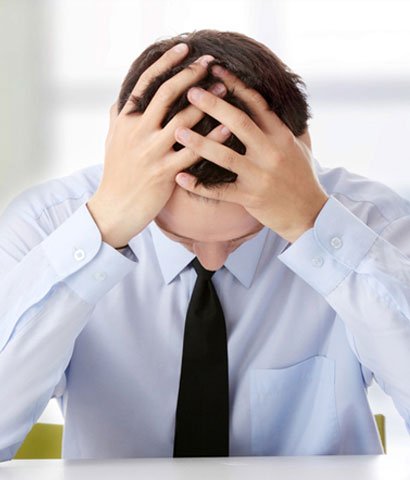The connection between low testosterone and depression is a complex one, particularly in middle-aged men who may experience a gradual decline in testosterone levels. This decline often leads to a range of symptoms, including reduced sex drive and erectile dysfunction, which can, in turn, contribute to feelings of depression. Unlike the abrupt hormonal changes in female menopause, this decline in testosterone is gradual and tends to accelerate with age, causing various physical and mental well-being issues.
These symptoms can significantly impact daily life, affecting overall happiness and interpersonal relationships. Unfortunately, when men seek medical advice for symptoms of depression, they may be told that these feelings are a normal part of aging.
The truth is that the symptoms often associated with aging and declining testosterone levels can indeed lead to depression, but they don’t have to be considered a “normal” part of aging. It’s important to recognize that hormonal imbalances can play a significant role in these symptoms, and exploring the possibility of hormones as a contributing factor is a proactive step toward addressing and potentially alleviating depression.

